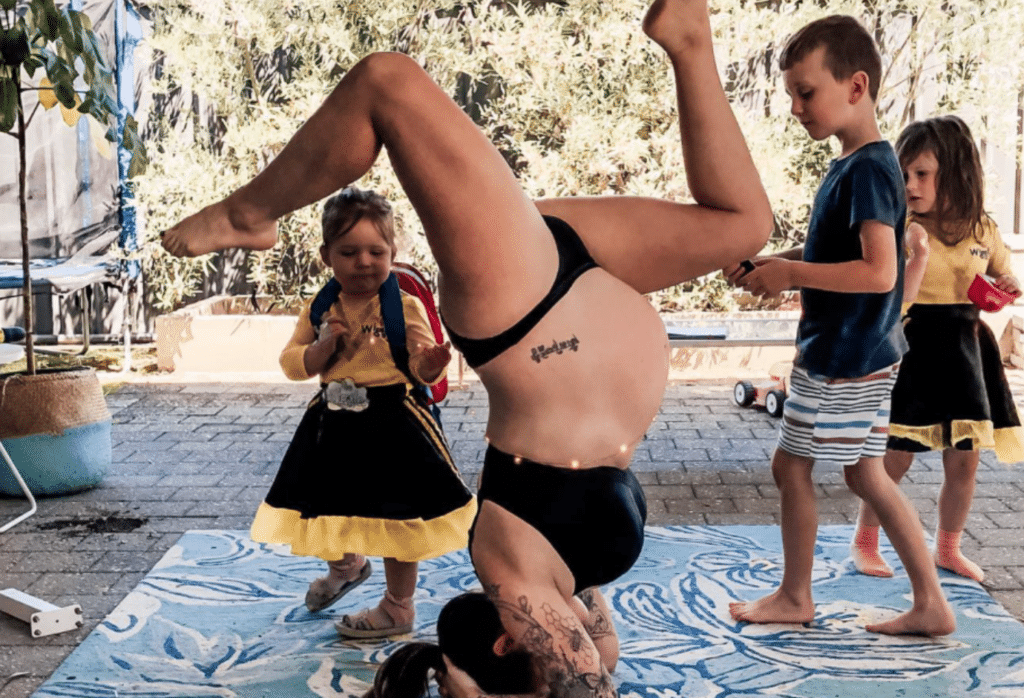Pregnant women and new parents are increasingly turning to social media for advice — but is it all helpful, accurate information they’re getting?
A new Australian study has revealed that engagement with influencers as a source of information and support can lead to biased information and advice that lacks scientific rigour.
Rachelle Chee, an Associate Lecturer in midwifery at CQUniversity, is the lead author in the study Midwifery care and social media which studied the impacts that engaging with social media influencers and bloggers has on expectant parents.
Chee believes that while influencers and their online communities are potential sources of information and support for pregnant and early parents, these people must be aware of the potential for harm when they engage with influencers.
“It is difficult to ignore the growing utilisation of social media by parents and persons of childbearing age to share opinions and aspects of everyday life with friends, family, and complete strangers,” Chee said.
“My own experience of using social media has allowed me to observe others’ largely unrestricted sharing of pregnancy, birth and parenting experiences with many members of the public who they would otherwise be unlikely to engage with.”
The research found that engaging with influencers on the subject of parenting can open new parents up to the risk of consuming biased or scientifically unsound information.
“As a midwife and mother of two young children, I find the topic interesting because it is becoming clear through conversations with midwifery colleagues in the hospital, and through interactions with consumers of maternity care in the hospital, that new and expectant mothers are frequently gathering information and constructing opinions about pregnancy and birth experience from the content they access via social media,” Chee said.
This problem is especially pertinent for midwives who are trying to provide woman-centred care — a philosophy that priorities a woman’s right to self-determination.
“This can be both personally and professionally challenging for midwives who are accustomed to providing the ‘usual’ mainstream care,” Chee said.
“Midwives have mostly trained and worked in mainstream maternity care, in which biomedical views of pregnancy and childbirth continue to dominate practice.”
“Women who are more diversely informed beyond the realm of the biomedical pregnancy and childbirth experience may make choices about their pregnancy and birth which do not align with mainstream care pathways.”
Chee and her co-authors, CQUniversity academics Tanya Capper and Olav Muurlink have also released another paper this week, which revealed “combative interactions and the spread of misinformation have been observed in influencer communities” and that “that engaging with social media influencers can be both beneficial and harmful for pregnant and new parents.”
The same team is currently working on a study that looks at Australian women’s experiences of engaging with post pregnancy, birth and parenting content posted by influencers.


